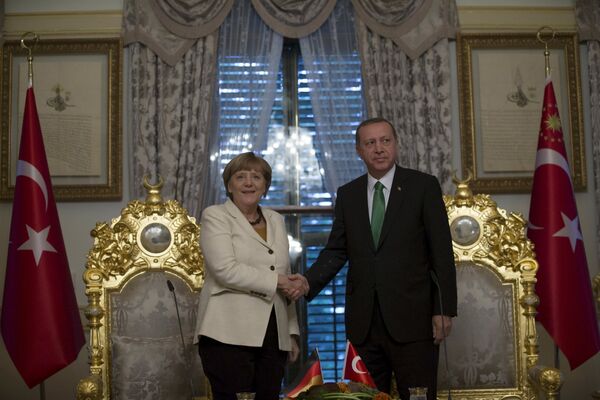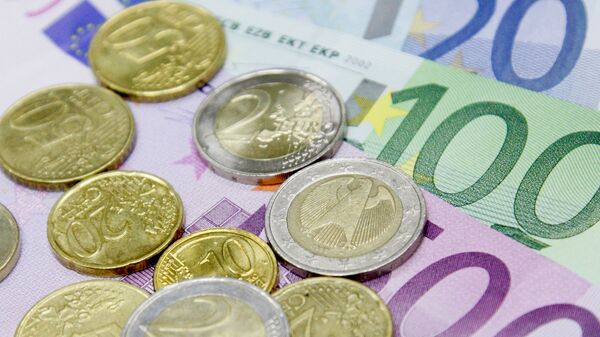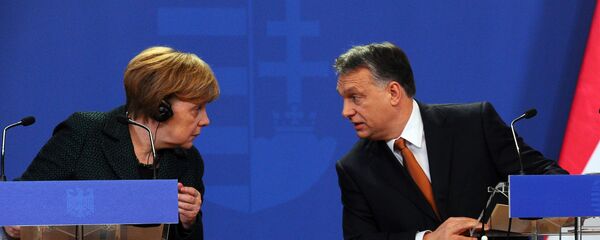The first meeting of the Steering Committee of the Facility for Refugees in Turkey was held on Wednesday and was chaired by the European Commission, with Turkey present in an advisory capacity only.
Facility for Refugees in #Turkey: Steering Committee advances implementation of #EU-Turkey Joint Action Plan https://t.co/dns8vsEsjQ
— European Commission (@EU_Commission) February 19, 2016
The Committee has decided to start sending money from the US$3 billion budget for humanitarian aid for refugee children in Turkey immediately. That decision has taken five months to reach.
In October 2015, President Recap Tayyip Erdogan emerged victorious in the country’s parliamentary elections declaring "It’s me, or chaos".
.@EU_Commission reports on EU #Turkey Action Plan #RefugeeCrisis https://t.co/YXVaBAFrNh pic.twitter.com/J1gNBXMeZs
— Tove Ernst (@ToveErnst) February 10, 2016
European leaders eagerly anticipated the results after Brussels offered financial assistance to Turkey to help "contain" refugees in exchange for membership of the EU. They pledged US$3.4 billion in aid to the Turkish government and promised to lift visa restrictions for Turkish citizens travelling to the European Schengen zone.
#Refugees: MEPs assess the situation on the ground in Turkey https://t.co/l51CscrL7I #migrationEU pic.twitter.com/GudXT9wTmI
— European Parliament (@Europarl_EN) February 15, 2016
Good news for Turkey who has been vying for EU membership since the 1950s. Not such good news for Germany and France, as they are accused of performing a U-turn after blocking Turkey’s accession for the last decade.
And while Brussels looked to Turkey for a solution to the refugee crisis in Europe, other Eastern European leaders sought solutions of their own. Hungary promptly erected a razor wire fence on its borders with other countries soon after the suit.
In November 2015, German Chancellor Angela Merkel left for Turkey for meetings with Erdogan to discuss the refugee crisis. Turkey’s opposition leader, the head of the Republican People’s Party Kemal Killicdaroglu accused Merkel’s deal of being a "bribe".

Following the money for migrant containment deal between the EU and Turkey, the EU was accused of "outsourcing its dirty work" by human rights groups. Meanwhile, according to Hungary’s Prime Minister Viktor Orban, "a nasty surprise lies in wait for Europe".
By December 2015, EU leaders were still discussing the resettlement of 400,000 Syrian refugees from Turkey – while many European countries remained opposed to accepting any refugee quota proposed by the Brussels.
In February 2016, Dutch social democrat leader Diederik Samson suggested EU countries accept “a couple hundred thousand refugees per year” from Turkey, in exchange for ferrying illegal migrants from Greece back over the sea to Turkey.
Samsom had hoped his strategy could be implemented in March but it seems the EU is sticking to its original plan.
The refugee crisis has left the policies and practices of many EU countries in chaos. President of the European Commission Donald Tusk has announced that another special meeting with Turkey is to be held at the beginning of March.




